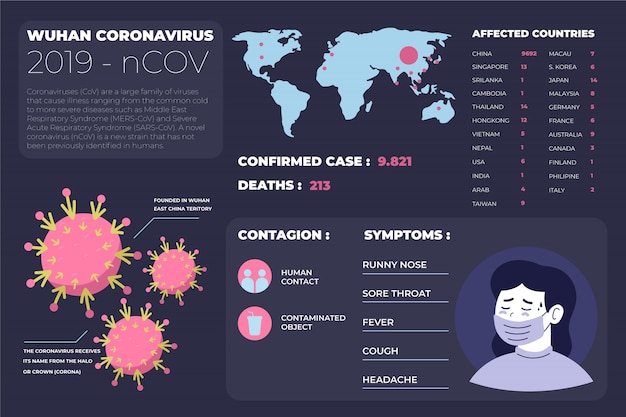Recent developments at the Centers for Disease Control and Prevention (CDC) have sparked growing concern among public health experts across the United States. Reports of internal discord, leadership changes, and a surprising pivot away from mRNA-based vaccines have raised alarms about the future of national immunization efforts and the agency’s scientific integrity.
For years, mRNA vaccine technology has been hailed as a groundbreaking advancement in modern medicine. The success of mRNA-based COVID-19 vaccines during the pandemic demonstrated their ability to be rapidly developed, highly effective, and adaptable to emerging variants. However, recent policy shifts within the CDC suggest a departure from this technology in favor of more traditional vaccine platforms.
While the agency has not issued a formal announcement, internal documents and public statements from senior officials indicate a growing preference for protein subunit and inactivated virus vaccines. This strategic reorientation has left many experts puzzled, especially given the proven track record and scalability of mRNA platforms.

Adding to the concern is a wave of leadership turnover and internal disagreements within the CDC. Over the past year, several high-ranking officials with expertise in infectious diseases and vaccine development have either resigned or been reassigned. These departures have coincided with a noticeable shift in the agency’s messaging and policy direction.
Sources within the agency describe a culture of increasing political influence and diminished autonomy for scientific staff. Some public health professionals fear that decisions are being driven more by public opinion and political considerations than by data and long-term health outcomes.
mRNA vaccines work by instructing cells to produce a harmless piece of the target virus, triggering an immune response without causing disease. This technology offers several advantages:
Given these benefits, many experts see the move away from mRNA as a step backward—one that could compromise preparedness for future pandemics and weaken public trust in vaccine science.

Public confidence in vaccines has already been strained by misinformation, political polarization, and inconsistent messaging during the pandemic. The CDC’s apparent retreat from a scientifically validated platform like mRNA could further erode trust.
Health experts warn that inconsistent policies and lack of transparency make it harder for clinicians to advise patients and for the public to make informed decisions. When agencies change course without clear justification, it fuels skepticism and opens the door to conspiracy theories.
The United States has long been a leader in global health innovation. A pullback from mRNA technology could impact international vaccine development and distribution efforts, particularly in low- and middle-income countries that rely on U.S.-backed initiatives.
Other nations may interpret the CDC’s shift as a signal that mRNA vaccines are less reliable, despite overwhelming evidence to the contrary. This could slow global progress in combating not only respiratory viruses but also diseases like HIV, malaria, and tuberculosis, where mRNA-based candidates are in development.
Public health experts are calling for greater transparency from the CDC. They urge the agency to clearly communicate the rationale behind any changes in vaccine strategy and to ensure that decisions are grounded in peer-reviewed science rather than political or bureaucratic pressures.
There is also a growing demand for independent oversight and stronger safeguards to protect the scientific integrity of federal health agencies.

As new infectious threats continue to emerge—from bird flu to antibiotic-resistant bacteria—the need for agile, science-driven responses has never been greater. The CDC’s current trajectory raises urgent questions about whether the agency is prepared to meet these challenges.
The reported chaos at the CDC and its apparent retreat from mRNA vaccine technology have placed the nation’s public health infrastructure under a microscope. While all medical technologies must be continually evaluated, abandoning a proven platform without clear evidence and transparent reasoning risks undermining both public trust and future pandemic readiness.
For now, the scientific community watches closely, hoping the CDC will recommit to data-driven decision-making and restore confidence in one of the world’s most important public health institutions.

Health

Health

Health

Health

Health

Health

Health

Health

Health

Health

Health

Health

Health

Fitness

Health

Health